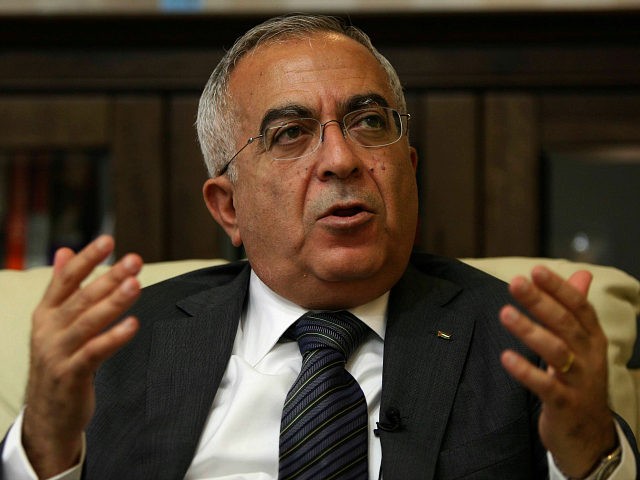The new United Nations chief, to the ire of the United States, has nominated former Palestinian Prime Minister Salam Fayyad to serve as the global body’s envoy to volatile Libya where the Islamic State continues to cause havoc despite losing its stronghold in the African country.
Nikki Haley, the newly appointed U.S. ambassador to the U.N., expressed disapproval about U.N. Secretary-General Antonio Guterres’s choice for envoy to Libya, reports Reuters. Haley indicated the U.N. has for too long been “unfairly biased in favor of the Palestinian Authority to the detriment of our allies in Israel.”
Meanwhile, the U.N. secretary-general argued that that former Palestinian PM’s diplomacy skills would prove helpful to bring much-needed peace to Libya. “It is a loss for the Libyan peace process and for the Libyan people that I am not able to appoint him,” declared U.N. Secretary-General Guterres in Dubai.
“I do not think there is any valid reason to avoid someone who is very competent to do a job that is extremely important,” he added. Not long ago, ISIS maintained a heavy presence in its stronghold of Sirte, which sits along the coast in Libya. However, some the jihadists have been forced to spread out of Sirte to other places across the country.
The Nation reports:
The extremist group lost its Libya headquarters in the central coastal city of Sirte in December after a six-month offensive by militias backed by US air power, but Libyan officials and foreign diplomats say its fighters have now fanned out across the southern desert into desert valleys and inland hills, as they seek to exploit Libya’s political divisions… Three separate ISIL groups have been identified based in different parts of the Sahara, and, say officials, they are striking at the country’s vulnerable oil and water infrastructure.
Reuters reported earlier this month:
The jihadist group lost many of its fighters in the battle and now has no territory in Libya, but fugitive militants and sleeper cells are seen to pose a threat in a country that has been deeply fractured and largely lawless since the 2011 uprising that toppled Muammar Gaddafi.
The threat is focused south of the coastal strip between Misrata and Tripoli, arcing to the southeast around the town of Bani Walid and into the desert south of Sirte, said Ismail Shukri, head of military intelligence in Misrata.
Although ISIS in Libya is weaker now than it was about year ago, the jihadist group still poses a threat, noted Martin Kobler, the top official from the U.N. Support Mission in Libya, adding that the fight against terrorism is far from over.
“The country’s borders remain porous. Terrorists, human and weapons traffickers and criminal gangs continue to exploit the security vacuum,” he warned.
UN chief Guterres suggests that the international community would have to engage with the administration of U.S. President Donald Trump to deal with the remnants for ISIS in Libya and prevent the country from becoming a place where the terrorists can easily launch attacks against Western targets.
U.N. Secretary-General Guterres said, “We need to respect our values and we need to make sure a multilateral approach to global problems” is implemented.

COMMENTS
Please let us know if you're having issues with commenting.